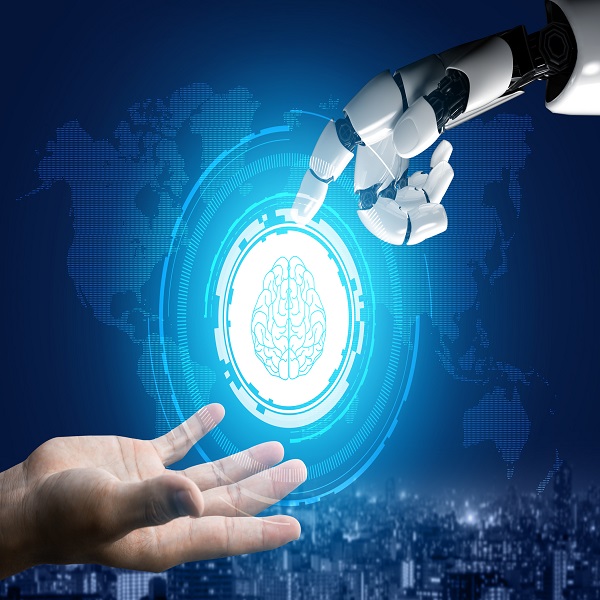We regulate the practice of Orgtology.
What is Orgtology?

Orgtology studies workplace systems and dynamics with the aim to increase performance and ensure relevance. The word is a blend between "organisation" and the Greek word "-logy", meaning the science of organisation. An Orgtologist can help organisations to perform and stay relevant. It holds eight core theories that deal with orgtelligence; work; results; leadership; team dynamics; and intrapersonal wellbeing.
What is Orgamatics?

Orgamatics is an orgtology field of study. Through this, we use scientific method to create strategy and drive operational efficiency. In so, it is key to grasp organisational systems. This includes orgtelligence (systems intelligence & human intellect), work (processes & projects), and results (efficiency & effectiveness). The term blends the words, "organisation" and "mathematics". It denotes the mathematical construct of an organisation.
What is Organamics?

Organamics is an orgtology field of study. In this field, we study the effect that people dynamics have on organisations. People can be abstract, unpredictable, and innovative. In so, they create a dynamic that is hard to grasp. We call this the X-Factor. It creates intrapersonal relations, teamwork, and leadership. These dynamics can change the nature of an organisation. The term blends the words, "organisation" and "dynamics".
Intelligence
| Term | Definition |
|---|---|
| Intelligence | Intelligence is the ability to collect information and to acquire and apply knowledge and skills. A popular theory is that humans have both fluid and crystalized intelligence. Fluid intelligence is the ability to solve problems, use logic in new situations, and identify patterns. In contrast, crystallized intelligence is the ability to use learned knowledge and experience. In orgtology we work with both organisational and human intelligence. In orgamatics we call it orgtelligence. In 2016 Derek Hendrikz introduced orgtelligence as a combination of implied (process) intelligence and tacit (abstract) intellect. Implied intelligence would be crystallized, and abstract intellect would be fluid. In organamics we work with the applications of human intellect. In 2013 Derek Hendrikz introduced six applications of human intellect. They are: (1) Physical Intelligence; (2) Cerebral Intelligence; (3) Emotional Intelligence; (4) Creative Intelligence; (5) Contextual Intelligence; and (6) Spiritual Intelligence. We do not see these as separate intelligences, but as the application of human intellect.
Hits - 1389
|
Our Featured Blog Articles
The Orgtology Club Leader Board
Our Latest Blog Articles
Orgtology Glossary
The Orgtology Club - Stream
-
Stream item published successfully. Item will now be visible on your stream.
-
Post is under moderationStream item published successfully. Item will now be visible on your stream.
-
Stream item published successfully. Item will now be visible on your stream.
-
Post is under moderationStream item published successfully. Item will now be visible on your stream.
-
Stream item published successfully. Item will now be visible on your stream.






